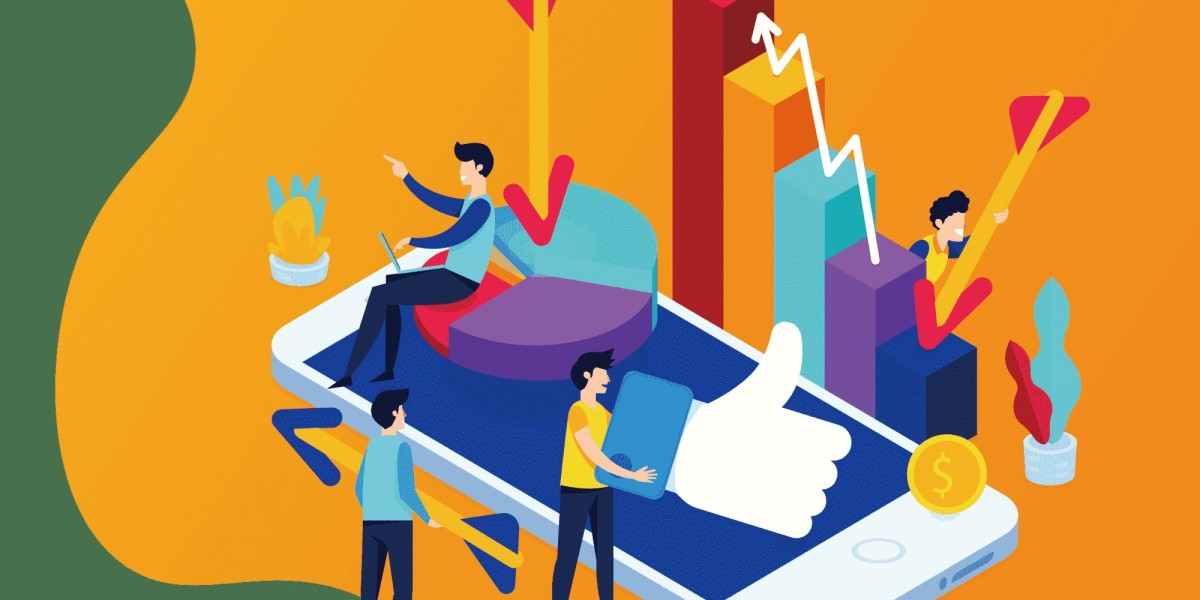Credit card fraud is a growing concern in a world where online transactions have become the norm. While banks are improving their defenses, criminals are also becoming more advanced. One name that frequently appears in this conversation is Bclub, often tied to dumps and CVV2 shops. But what does that mean for the average person?
Dumps are pieces of data taken from a credit card’s magnetic stripe. They can be obtained through compromised card readers, data breaches, or physical skimmers. Once the data is collected, it can be sold online to people who use it to create fake cards and make unauthorized purchases. CVV2 data adds another layer, giving the buyer everything they need for online shopping—card number, expiration date, and the three-digit security code.
Platforms like Bclub are reportedly part of this underground exchange. These platforms are not visible through regular browsing—they operate through encrypted networks where anonymity is preserved. Here, criminals trade stolen credit card information like any other commodity. The more current and complete the data, the higher the price it can fetch.
The biggest concern is that this can happen to anyone. You don’t need to be careless to fall victim. Your card data could be compromised through no fault of your own—like during a retail data breach or at a gas station pump with a hidden skimmer. Once it’s stolen, it could end up listed on platforms like Bclub.
So how do you stay safe? Start by being cautious. If a card reader looks strange or damaged, don’t use it. Pay with a chip whenever possible, as it’s more secure than swiping. Online, shop only on trusted websites and avoid saving card details for convenience. Turn on notifications for transactions, so you’re immediately aware if someone tries to use your card.
It’s also a good idea to check your account regularly and report anything suspicious, no matter how small. Early detection is key in preventing major fraud. If you suspect your card has been compromised, contact your bank immediately and request a block or replacement.
The truth is, fraud networks don’t discriminate. Whether you’re a student, a business owner, or just someone who shops online, your card could be a target. Understanding the connection between platforms like Bclub and stolen data makes it easier to stay one step ahead.
While the threat is real, it’s not unbeatable. With careful habits and ongoing vigilance, you can protect yourself from becoming just another entry in a CVV2 shop database. Stay aware, and your data will stay safer.






